
How do the different types of masks work?
- Connexions
- 2020-07-16
- 2717
Surgical masks
Also called a medical mask, a surgical mask is a loose-fitting disposable mask that protects the wearer's nose and mouth from contact with droplets, splashes and sprays that may contain germs. A surgical mask also filters out large particles in the air. Surgical masks may protect others by reducing exposure to the saliva and respiratory secretions of the mask wearer.
At this time, the U.S. Food and Drug Administration has not approved any type of surgical mask specifically for protection against the coronavirus, but these masks may provide some protection when N95 masks are not available.
N95 masks
Actually a type of respirator, an N95 mask offers more protection than a surgical mask does because it can filter out both large and small particles when the wearer inhales. As the name indicates, the mask is designed to block 95% of very small particles. Some N95 masks have valves that make them easier to breathe through. With this type of mask, unfiltered air is released when the wearer exhales.
Health care providers must be trained and pass a fit test to confirm a proper seal before using an N95 respirator in the workplace. Like surgical masks, N95 masks are intended to be disposable. However, researchers are testing ways to disinfect N95 masks so they can be reused.
Some N95 masks, and even some cloth masks, have one-way valves that make them easier to breathe through. But because the valve releases unfiltered air when the wearer breathes out, this type of mask doesn't prevent the wearer from spreading the virus. For this reason, some places have banned them.
Cloth masks
A cloth mask is intended to trap droplets that are released when the wearer talks, coughs or sneezes. Asking everyone to wear cloth masks can help reduce the spread of the virus by people who have COVID-19 but don't realize it.
Cloth face coverings are most likely to reduce the spread of the COVID-19 virus when they are widely used by people in public settings. And countries that required face masks, testing, isolation and social distancing early in the pandemic have successfully slowed the spread of the virus.
While surgical and N95 masks may be in short supply and should be reserved for health care providers, cloth face coverings and masks are easy to find or make, and can be washed and reused.
Masks can be made from common materials, such as sheets made of tightly woven cotton. Instructions are easy to find online. Cloth masks should include multiple layers of fabric. The CDC website even includes directions for no-sew masks made from bandannas and T-shirts.
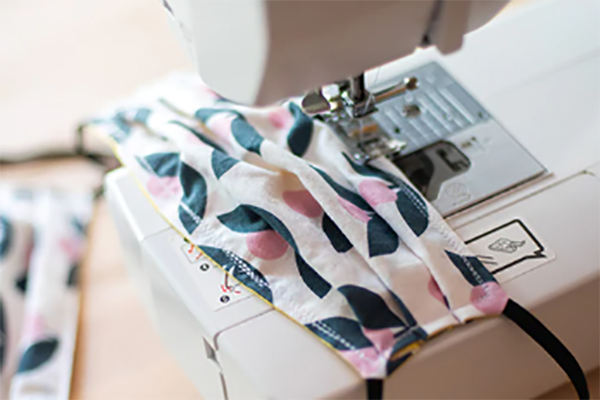
-
 2022-04-26Are air purifiers environmentally friendly ?
2022-04-26Are air purifiers environmentally friendly ? -
 2022-04-26The importance of wearing a mask correctly
2022-04-26The importance of wearing a mask correctly -
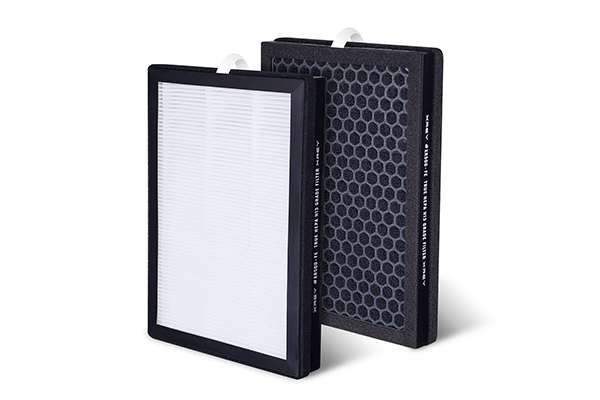 2022-04-27Connexions Air H13 True HEPA Filters
2022-04-27Connexions Air H13 True HEPA Filters -
 2022-04-29What is the use of anion function of air purifier?
2022-04-29What is the use of anion function of air purifier? -
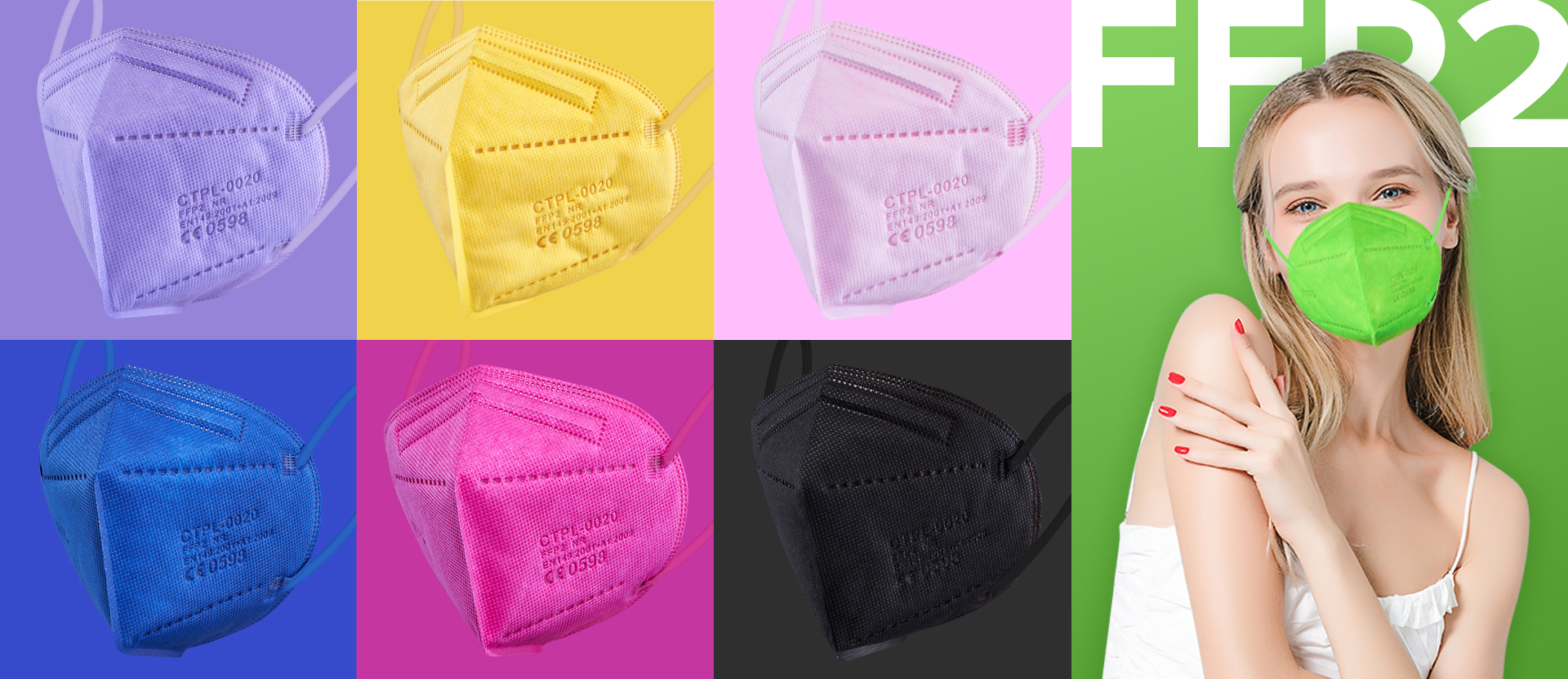 2022-05-08Standardize the wearing of masks, children should not be missed!
2022-05-08Standardize the wearing of masks, children should not be missed! -
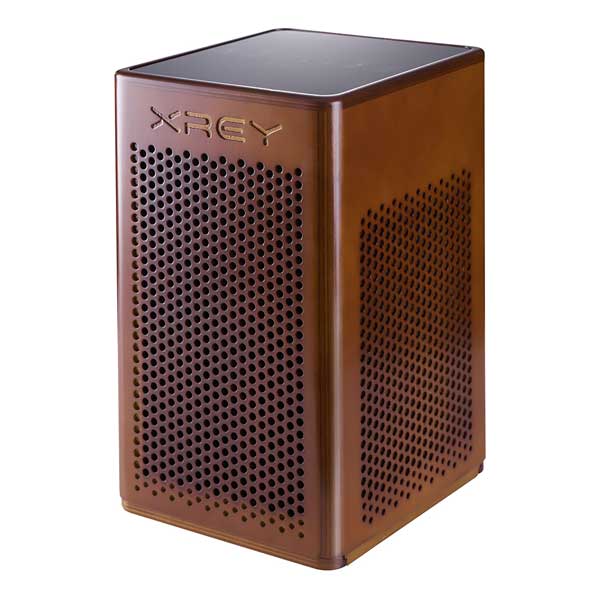 2022-05-16Hazy days, air purifiers are useful?
2022-05-16Hazy days, air purifiers are useful? -
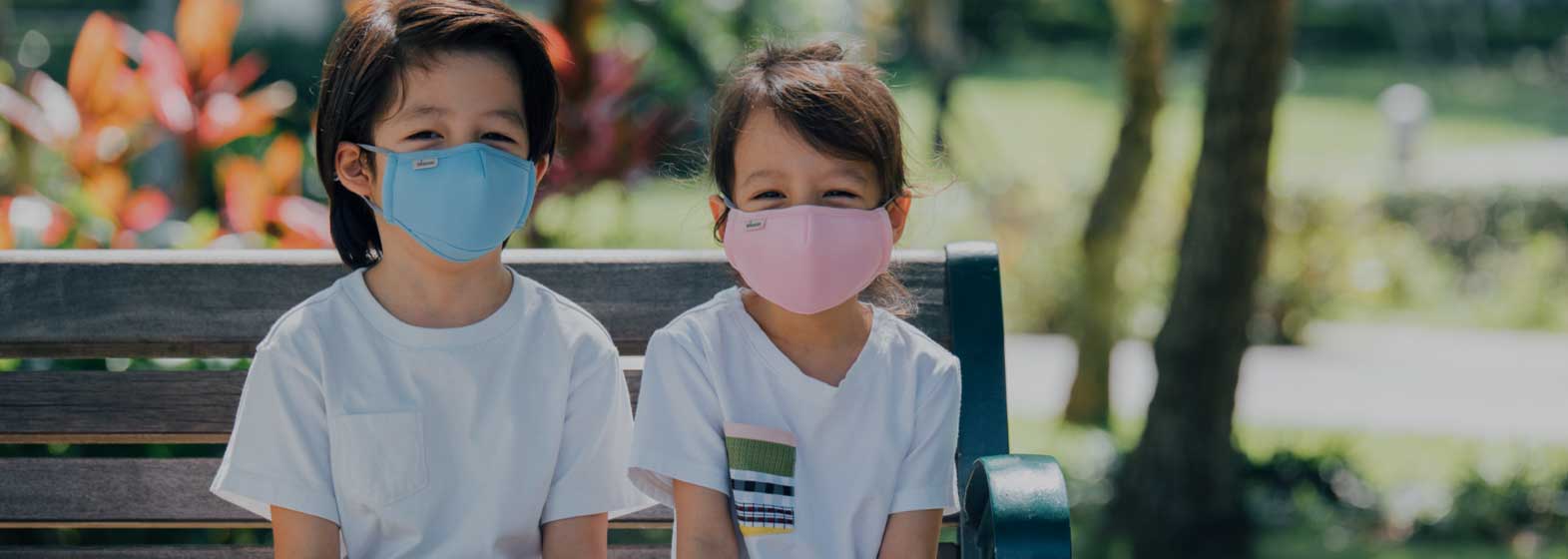 2022-05-16Attention everyone! Don't buy fake FFP2 masks! How do we identify?
2022-05-16Attention everyone! Don't buy fake FFP2 masks! How do we identify? -
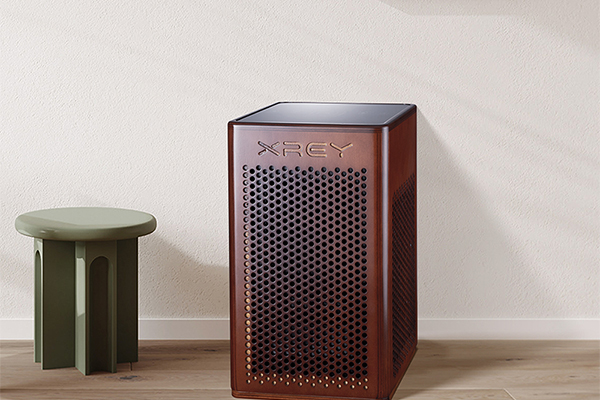 2022-05-17Pay attention to secondary pollution when using air purifiers
2022-05-17Pay attention to secondary pollution when using air purifiers -
 2022-05-17TOP5 pollutants that the purifier can purify
2022-05-17TOP5 pollutants that the purifier can purify
-
 2020-06-02Why do Face Masks Matter With This Coronavirus
2020-06-02Why do Face Masks Matter With This Coronavirus -
 2020-06-02How to Wear Mask
2020-06-02How to Wear Mask -
 2020-06-02Three Principles of Choice of Masks
2020-06-02Three Principles of Choice of Masks -
 2020-06-022020 Situation of Mask Market
2020-06-022020 Situation of Mask Market -
 2020-06-17What other preventative measures can you take to protect yourself from airborne substances?
2020-06-17What other preventative measures can you take to protect yourself from airborne substances? -
 2020-06-08The Advantage of Disposable Face Masks
2020-06-08The Advantage of Disposable Face Masks -
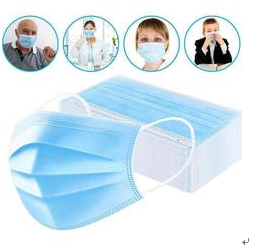 2020-06-093 Ply Disposable Face Mask & Soft & Comfortable Ear Loop
2020-06-093 Ply Disposable Face Mask & Soft & Comfortable Ear Loop -
 2020-06-17What are the regulations for surgical face masks?
2020-06-17What are the regulations for surgical face masks? -
 2020-06-09Do I need to wear a face mask if I am quarantined?
2020-06-09Do I need to wear a face mask if I am quarantined?
CONTACT US


Connexions Technology (Dongguan) Ltd.
We are always providing our customers with reliable products and considerate services.
If you would like to keep touch with us directly, please go to contact us
